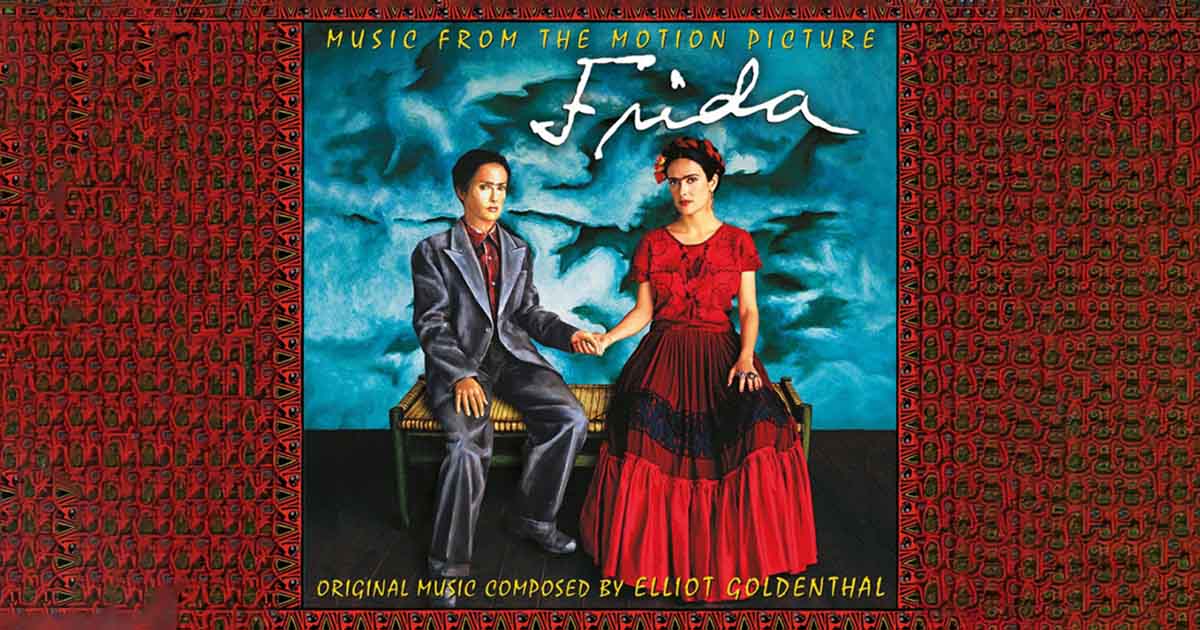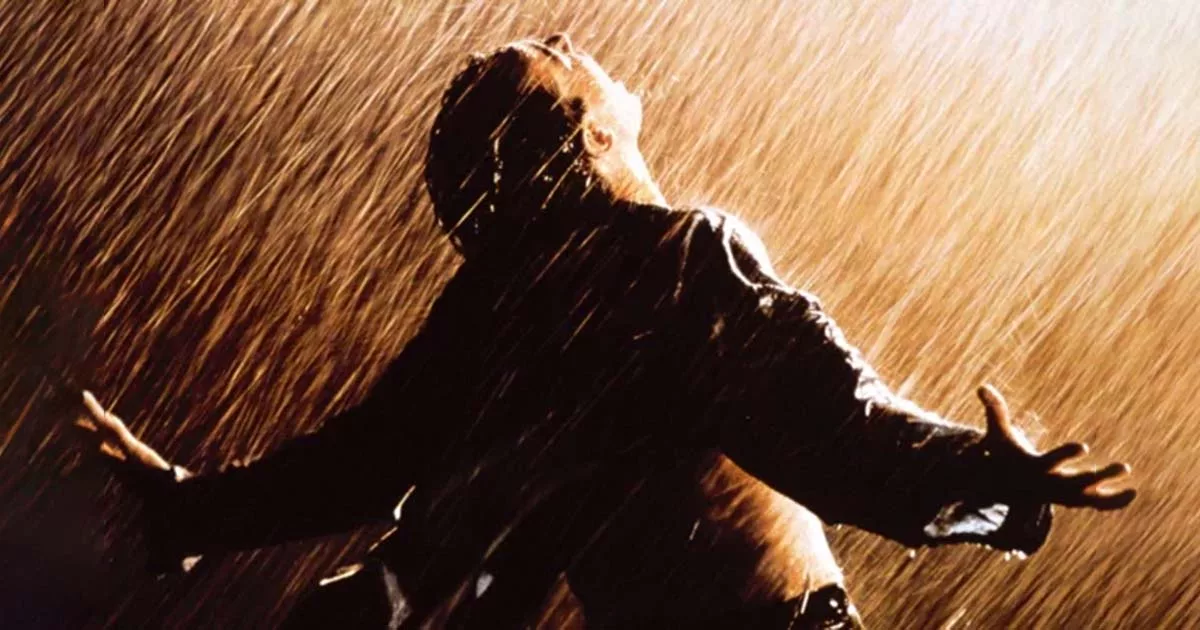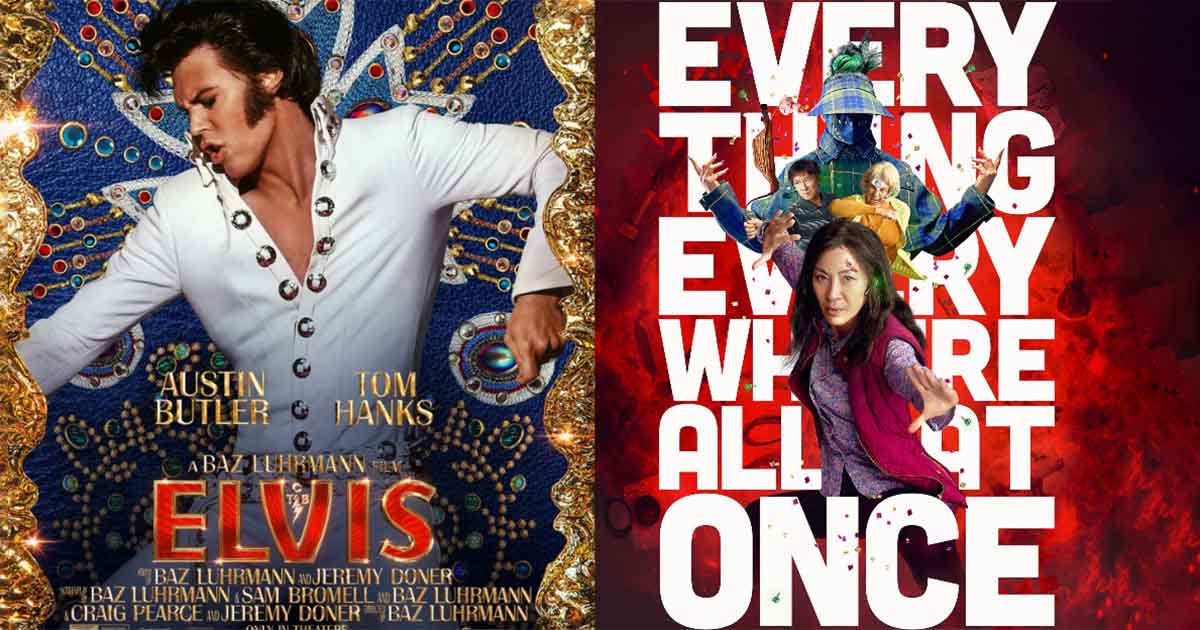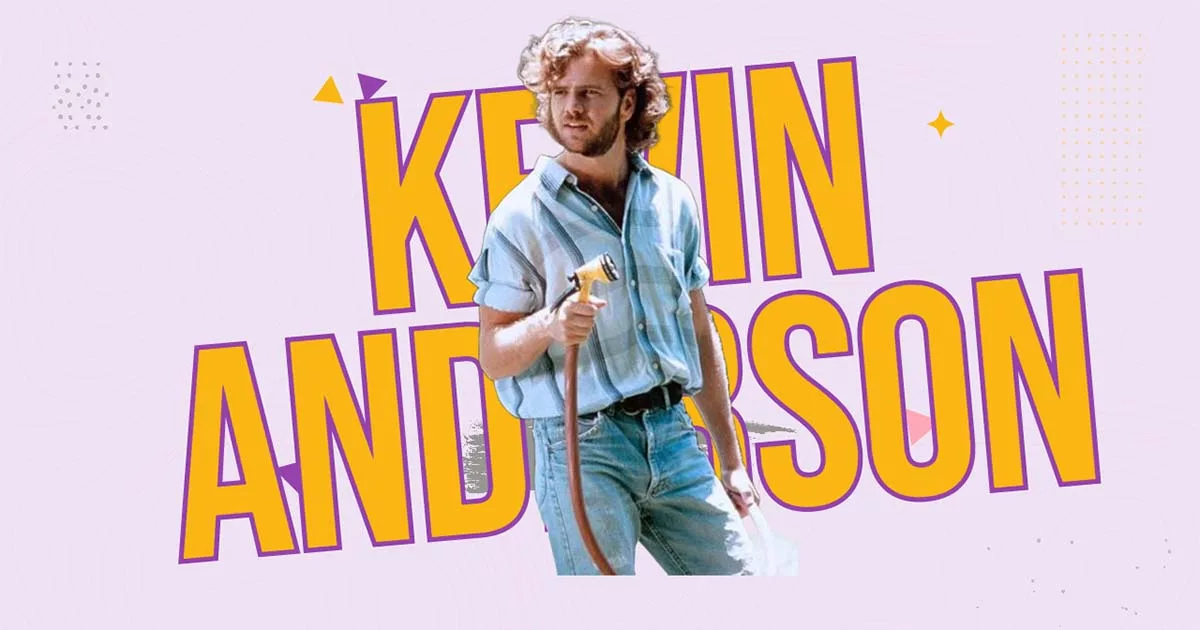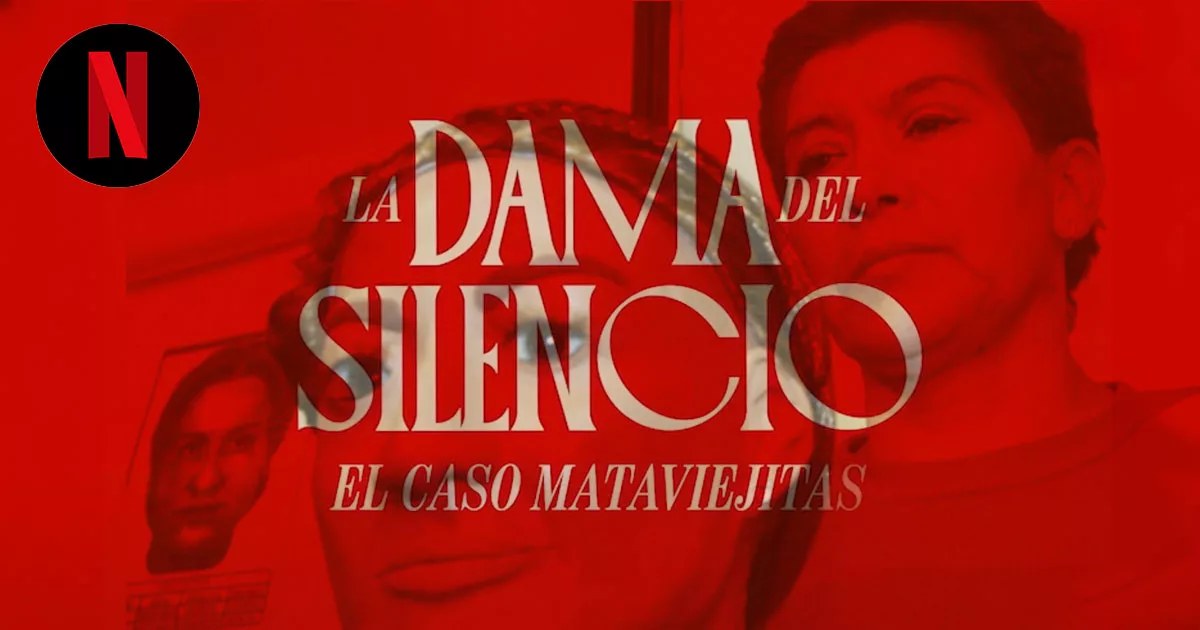20 years ago, Frida’s Soundtrack was released. Elliot Goldenthal won the academy award for Best Score. Now you can stream it on Apple Music. In here, read all about the Frida Soundtrack
Frida’s soundtrack was composed by Elliot Goldenthal. It was released on October 1, 2002, by Sony Classical. The soundtrack features a mix of traditional Mexican music and Goldenthal’s original score. It received positive reviews from music critics and won the Academy Award for Best Original Score. The soundtrack was also nominated for the Golden Globe Award for Best Original Score.

Elliot Goldenthal
Elliot Goldenthal is an American composer of contemporary classical music, film, and theatrical scores. He is best known for his distinctive style and ability to blend various musical styles and techniques in original and inventive ways. He is best known for his original music scores for films such as Interview with the Vampire and Across the Universe (2007), among others.
He was born on May 2, 1954, in Brooklyn, New York. His father was a house painter, and his mother was a seamstress. Young Goldenthal was fond of music and theatre, he played with his school rock band during the 1960s. In 1968, he staged his first ballet at John Dewey High School in Brooklyn, from which he graduated in 1971. He attended the Manhattan School of Music, studied under Aaron Copland and John Corigliano, and earned his MA in composition.

Since the early 1980s, Elliot Goldenthal has worked with Julie Taymor. Their partnership in film and in life has been one of the most rewarding in the film business; the couple made such acclaimed films as Titus (1999), Frida (2002) and Across the Universe (2007), among their other works, earning numerous awards and nominations for their highly innovative creativity.
In 1980, a mutual friend arranged for the composer Elliot Goldenthal to meet the director Julie Taymor, saying, “I know a person whose work is just as grotesque as yours.” The matchmaking worked.
Their shared appreciation for oddball extravagance and the mythologically fantastic led them into both a romance that has lasted almost 20 years and a creative partnership that spans the worlds of theatre (“Juan Darién”) and cinema (“Titus”).

Their collaboration in the movie “Frida,” directed by Ms. Taymor and starring Salma Hayek as the painter Frida Kahlo and Alfred Molina as her husband, the muralist Diego Rivera. These two tempestuous “sacred monsters,” the most famous and influential Mexican artists of the past century, fall right into the category that Ms. Taymor and Mr. Goldenthal find most intriguing.
“We’ve always gravitated toward chronicles of the outsider — someone who, being outside, has a very deft way of observing and personalizing existence,” Mr. Goldenthal said. Ms. Taymor agreed: “People on the outside help us look again at what we take to be normal.”
About Frida the movie
Frida is a movie that was released in 2002, starring Salma Hayek as the title character. Salma was nominated as the best actress for her performance of Frida. The movie chronicles the life of Mexican artist Frida Kahlo, known for her self-portraits and depiction of the female experience.

The film spans Frida’s life, from her childhood through to her death at the age of 47. It covers her relationships with Diego Rivera and Leon Trotsky, her health problems, and her eventual paralysis.
Frida received mixed reviews upon its release, with some critics praising Hayek’s performance and the film’s visuals, while others felt it was too melodramatic. However, the film was a commercial success, grossing over $56 million worldwide.
Overall, Frida is an informative and visually stunning film that tells the story of an iconic artist. It is not surprising that the film is gorgeous thanks to its creative director.
About Elliot Goldenthal’s Frida Soundtrack
Frida’s soundtrack’s main theme is “Burn it Blue,” sung by amazing Mexican singer Lila Downs and Brazilian superstar Caetano Veloso. The song was nominated at the academy awards for best song.
As well have a strong presence as singer Chavela Vargas, she isn’t Mexican, but her career was made in Mexico, and she considers herself more Mexican than tequila.

Frida’s soundtrack’s expansive reach is countered by moments of introversion and contemplation in the same writing style, creating a remarkably cohesive whole. Goldenthal employs a nucleus of several acoustic instruments native to the style of Mexican and greater Central American circles, including Mexican guitars, classical guitars, Mexican bass guitars, an accordion, Mexican harp, marimba, and glass armonica.
Because the guitars provided more than adequate lyricism and rhythmic movement, Goldenthal added only a small orchestral ensemble of primary strings to the mix. Also vital to the construct are several vocal performances that tactfully blend the motific ideas in the score and songs together seamlessly.

Elliot Goldenthal explained at the time that capturing the “spirit of Mexican music” was difficult since it varies so much around different regions of the country. However, his choice to stay true to the standard simplicity of rhythms and themes in Mexican music (a documented trait of the heritage of authentic Mexican music) translated into success. He humorously states, “The few times I tried to reach for more complex harmony and structure, the movie kicked me out with pointy Mexican boots.
These ideas remain on my studio floor under a pile of empty Corona bottles.” For people who cannot tolerate accordions, rest assured that they are only present at the forefront of two short cues. One of them is an accompaniment to a great outburst of the score’s main instrumental theme in “The Journey.”
The score sequences are pleasant and lively on the whole, with only the “Suicide of Dorothy Hale” and the gruesome “La Cavalera” (back to back) showing signs of Goldenthal’s more familiar brooding mannerisms. Otherwise, there is nothing to connect these fantastic Latin-flavored cues with Goldenthal’s larger body of work.
Given that the Frida Soundtrack was immediately sold out in nearly every store and ranked very highly worldwide upon its release, this originality was probably a favourable turn of events regardless of what qualms established Goldenthal collectors had (and still harbour) about the work.
As interesting as the score selections (which appear scattered throughout the album) may be, so too are the songs. Traditional songs are a vital part of past and present Mexican culture and are central to this soundtrack. Goldenthal pays close attention to the indigenous songs that Kahlo would have probably listened to herself, based on era and subject matter.

Elliot Goldenthal composed a few original songs heard in the film, including material for Lila Downs and Caetano Veloso, whose voices grace the film with their spectacular authenticity. The album is very true to the music heard in the film, which is a rarity in soundtrack releases these days. The score and songs are seamless in their continuity, and although the film and album become more sombre as they reach their conclusion, they both end with excellence.
Overall, the texture and rhythmic breadth of this score are outstanding. If you’re only familiar with the composer’s avant-garde experimentation, Frida will cause you to gain enormous respect for the reach of Goldenthal’s talents.
Elliot Goldenthal’s Frida Soundtrack is one of my favourite albums of all time. Now you can stream it on Apple Music and listen to it Lossless.
If you like movie soundtracks, read the post about James Horner’s Legends of the Fall.
As well, watch the documentary Score: A Film Music Documentary. Read the post about the film.

